
FILIPP SAPIENZA
Usability Research | Data Analytics | Technical Writing

Usability Research | Data Analytics | Technical Writing
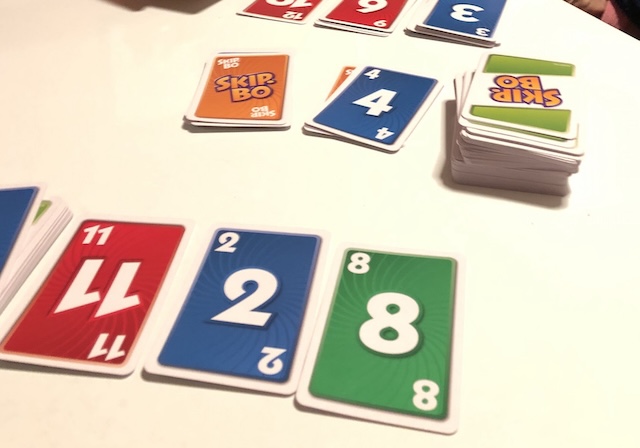
Thank you to those who filled out my survey of technical communicators and AI. The survey is a follow up to my November 2023 Intercom publication "AI and Technical Communication" and my STC Webinar presented Tuesday, June 11 2024. Look for the results to be published in a forthcoming book.

Check out my review of Life and Death Design, a book by Katie Swindler.

Recently my article about Technical Communication and AI appeared in the November 2023 issue of intercom Magazine. Through examples, the article assesses the possibilities and limitations for assisting in technical communication and usability tasks using the popular ChatGPT application.
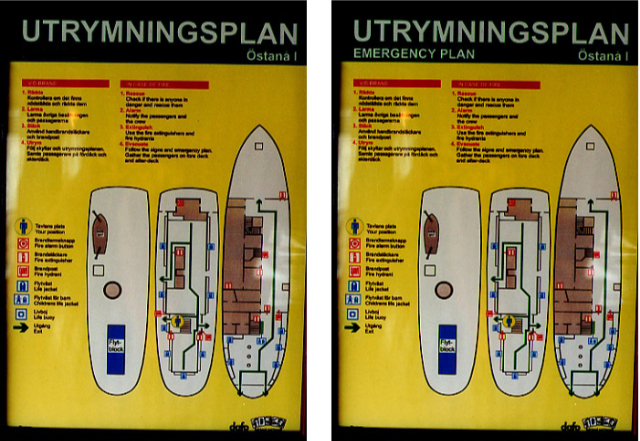
Check out my review of Alberto Ferreira's Universal UX Design, a book that focuses on ways that the practice of cross-cultural/globalized UX via distinct localization strategies can better meet the needs of groups in different societies, with special emphasis on cultures that fall outside Western influence.

My article in the Spring 2020 edition of User Experience Magazine focuses on design features specific to Chinese-American websites, and provides tips for developers working with multi-ethnic online content. Read my article in UXPA magazine.

UX developers can play a role in the cultivation of civil discourse on virtual communities. Read my article in the May 2017 issue of UXPA magazine.

UX Matters published my article about transnational human-computer interaction. The article discusses transnational HCI within the context of a study of Russian-American web users.

Mexican-Americans comprise the largest and most important demographic of immigrants to the United States. This article, published by UXPA Magazine, presents data from a study detailing their web use habits and preferences.
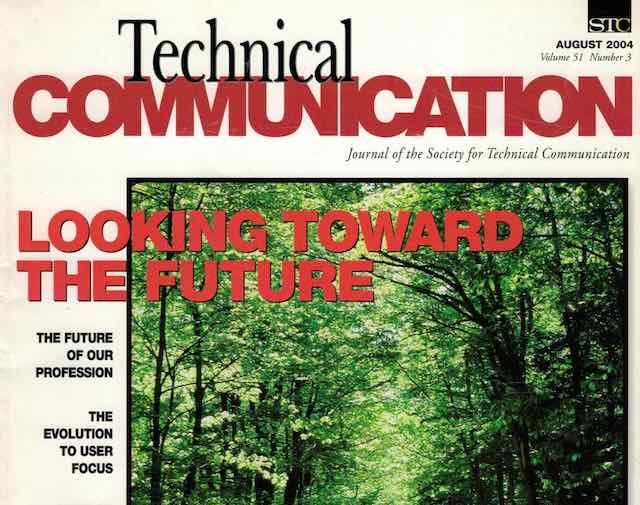
What are the most salient usability issues that relate to single-sourcing? How can XML-based markup languages be applied to improve the usability of networked media? Find my article in Technical Communication 51 (volume 3) pp. 399-408.

Card sorting is one common method by which usability researchers and practitioners obtain some conception about how users organize information. How do people from different cultures use card sorts to plan out web design and information architecture? Read more...

In intercom (pdf version) I write about the unique challenges web developers and technical communicators face when creating content for immigrants. Because immigrants balance multiple cultural identities, content creators need to focus less on one specific cultural orientation and more on how different cultures are integrated in online activity.
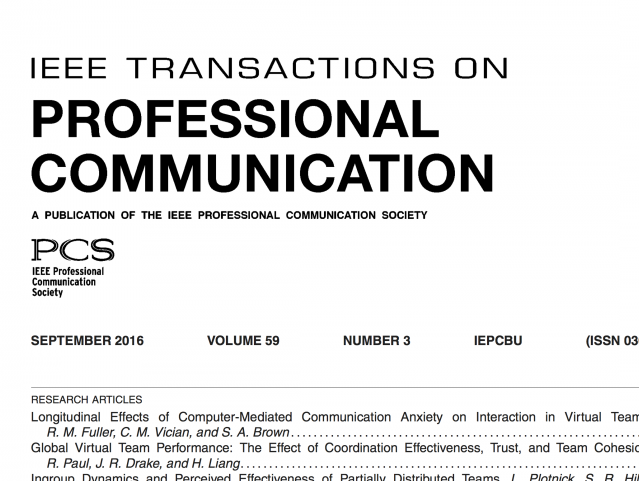
Cross-Culture Usability specialists emphasize customization according to local groups, but is it possible to draw upon commonly shared UI instincts among disparate groups and deploy them in UI design? See my paper in IEEE Transactions in Professional Communication.
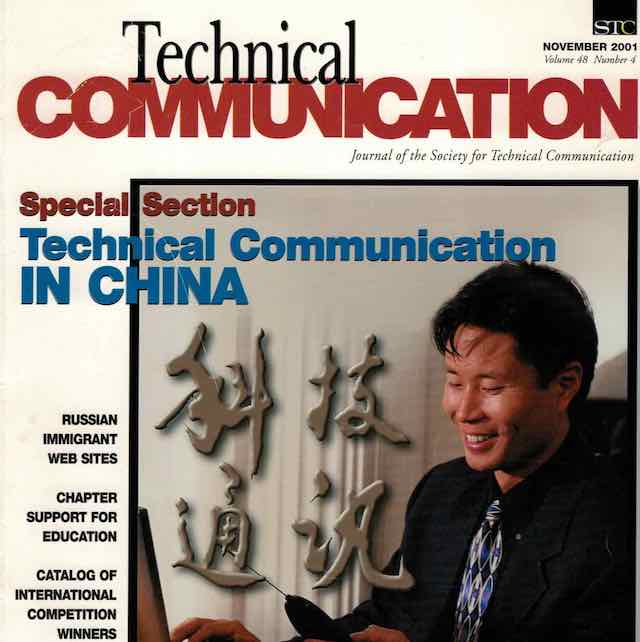
If you wanted to develop a virtual community for immigrants, what specific features and navigation would you need? Is it possible to come up with how-to steps for this task? In this article I argue that immigrant websites reflect a new kind of translocal communication. I analyze the rhetorical content of Russian-American immigrant websites in a way that inspires additional research into how other groups create transnational culture online. Find my article in Technical Communication (Search for issue 48 (4), pp. 435-448, 2001.)

Every academic institution mandates the creation of course syllabi: documents that outline the purpose, scope, policies and assignments that students undertake for a semester. One of the difficulties in creating these documents is ensuring that each student receives accurate and consistent information, particularly with respect to administrative rules and deadlines. Administrative policies and due dates can and often do change. Wouldn't it be nice to provide updates one time, at a single source, and have the change ripple through all relevant documents instantly? Here I present a method and downloadable XML templates for doing just that.